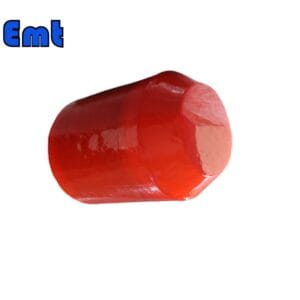
Polly Pigs are a type of pipeline cleaning device. They are commonly used across various industries. Their purpose is to maintain the cleanliness and efficiency of pipeline systems. They can be equipped with different coatings or structures depending on their specific use.
Polly Pigs are a versatile and essential tool in the pipeline industry. These tasks include cleaning, gauging, and drying pipelines. Constructed primarily from polyurethane foam, these pigs can adapt to internal pipeline contours. This allows them to effectively remove accumulated debris and liquids. Thus, they prevent corrosion and ensure the efficient transport of products.
The polyurethane foam used in Polly Pigs is available in different densities, which can be chosen based on the specific needs of the pipeline and the nature of the cleaning task. Soft foam pigs are excellent for light cleaning and drying, efficiently removing loose debris and residual liquids. Medium density pigs strike a balance between flexibility and abrasiveness, making them ideal for more general cleaning tasks.
High-density foam pigs, often equipped with additional abrasive materials like silicon carbide or wire brushes, tackle more intensive cleaning operations. They scrub away tougher residues such as scale, wax, or rust.
Additionally, operators can customize the structure and surface of Polly Pigs. Some are plain, while others feature crisscross patterns or are embedded with wire mesh or brushes to enhance their scrubbing action. This customization allows operators to tailor Polly Pigs to specific operational requirements, enhancing their effectiveness.
Applications
Here’s a more detailed look at Polly Pigs and their applications:
Design and Material:
Polly Pigs are cylindrical or spherical in shape, made primarily from open-cell or closed-cell polyurethane foam. The density of the foam can vary to suit different cleaning requirements, from soft and flexible for light cleaning to firm for more aggressive scrubbing and debris removal.
Versatility:
One of the key advantages of Polly Pigs is their versatility. Operators can customize them with various coatings, such as silicon carbide or wire brush, to tackle different types of debris, from fine particulate to heavier scale and rust.
Benefits:
The use of Polly Pigs in pipeline maintenance is highly cost-effective. They are simple to deploy and recover, and their adaptability means they can be used in various types of pipelines, including those with bends and diameter changes. Moreover, the soft nature of the foam reduces the risk of damaging the pipeline interior, making them a safer option for pipeline maintenance.
Environmental Impact:
Many view Polly Pigs as an environmentally friendly option for pipeline maintenance. Manufacturers often make them from recyclable materials, and their ability to clean without using harsh chemicals or excessive water makes them preferable in terms of environmental sustainability.
Overall, the pigs represent a practical and efficient solution for maintaining pipeline integrity and functionality, helping to ensure smooth operations in the oil, gas, and other fluid processing industries.
Advantages of Polly Pigs
Polly Pigs offer numerous advantages for pipeline maintenance. Firstly, their flexible design adapts to various pipeline contours, ensuring effective cleaning. This flexibility allows them to navigate bends and diameter changes easily, enhancing their utility. Additionally, manufacturers can customize their density and surface features, such as wire brushes or abrasive coatings, to match specific cleaning needs. This customization increases their effectiveness against different types of debris.
Moreover, the pigs operate efficiently, requiring minimal intervention. They move through pipelines propelled by the product flow or by external forces like water or air. This simplicity in operation reduces the need for manual labor and complex machinery, cutting down on operational costs.
Furthermore, their use of physical cleaning methods avoids the need for harsh chemicals, making them environmentally friendly. Many are also made from recyclable materials, supporting sustainability efforts in industrial operations. Overall, the pigs provide a practical, cost-effective, and eco-friendly solution for maintaining pipeline integrity and performance.


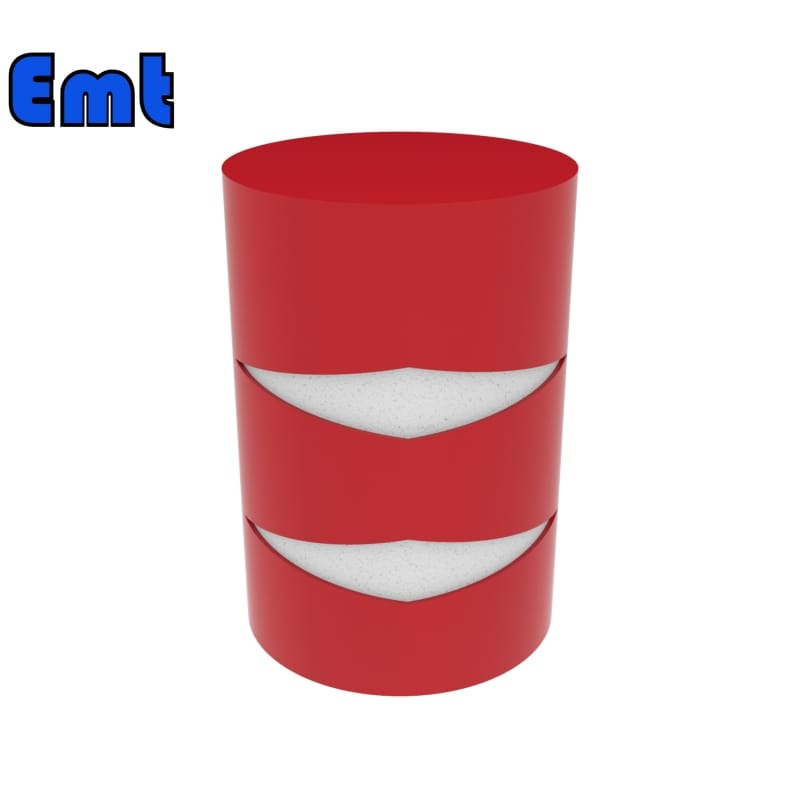
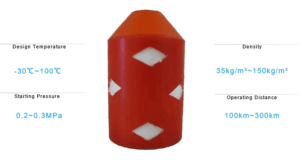

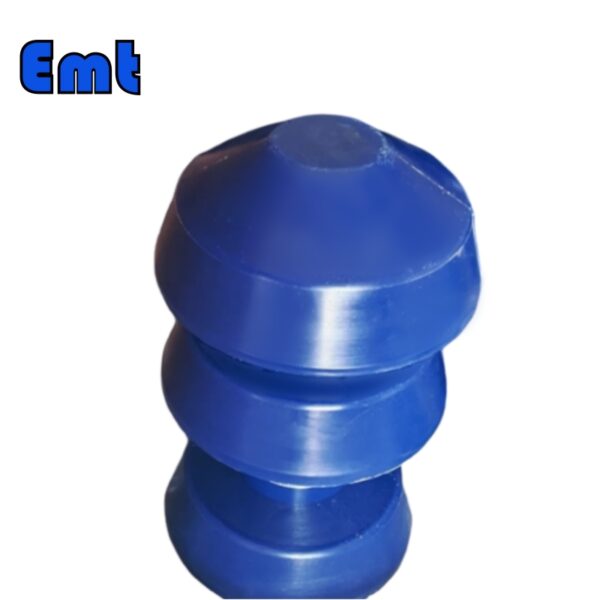
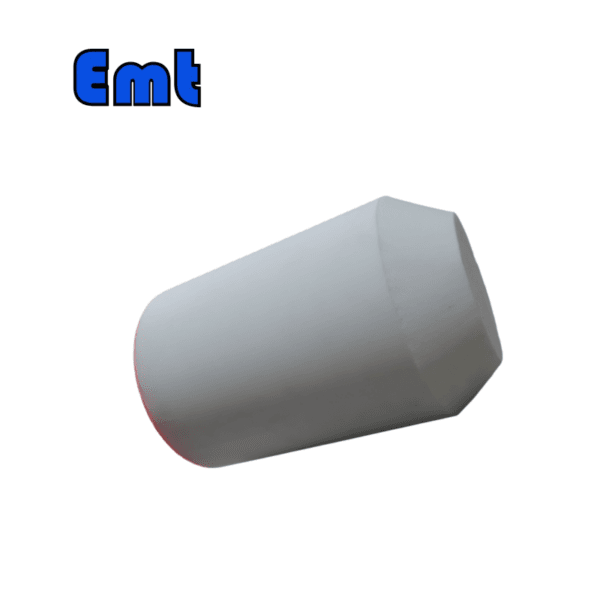
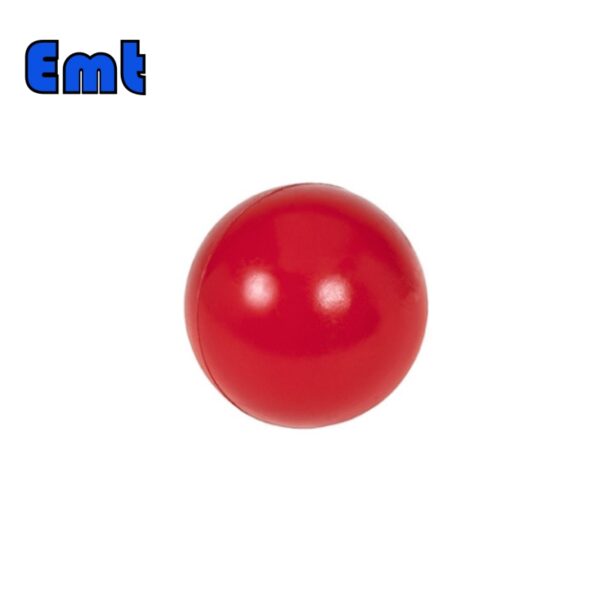
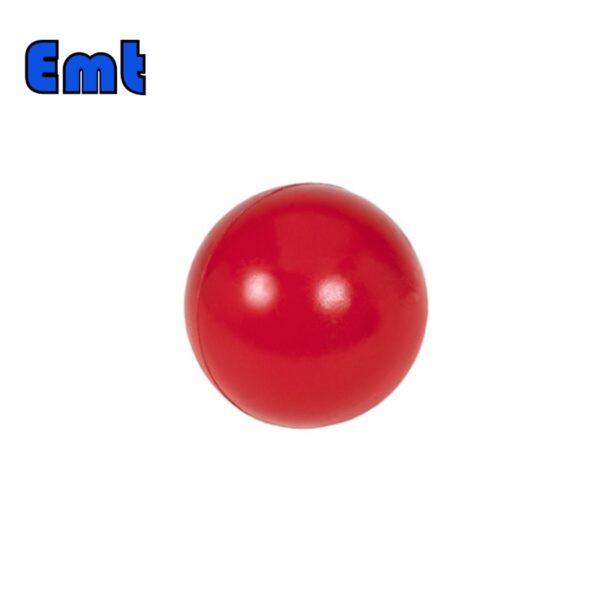
There are no reviews yet.